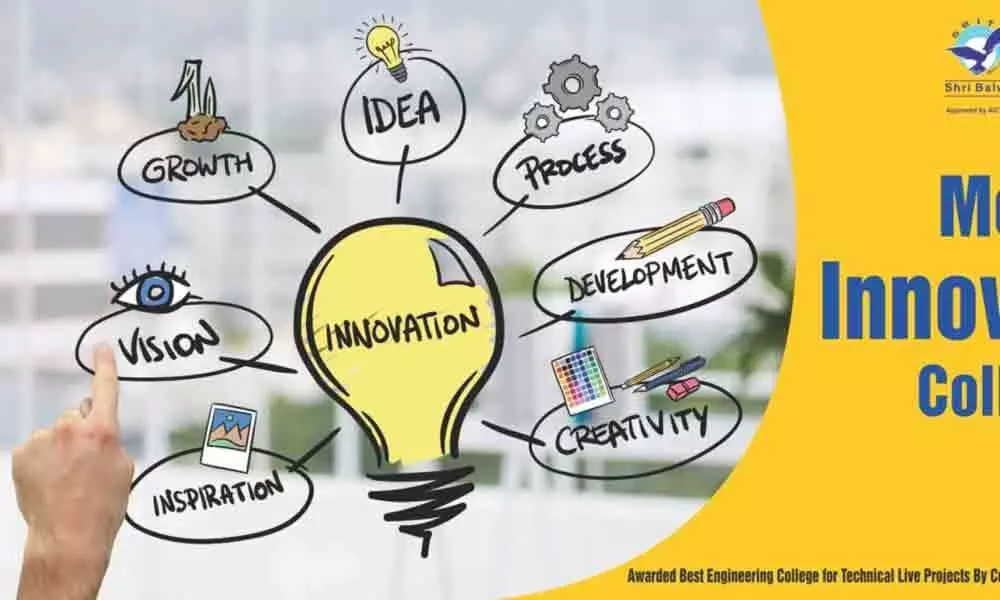on campus inventions AICTE tells institutes to share patent rights with students

In a significant move, the AICTE has made it mandatory for academic bodies to share patent rights with a researcher, if the facilities of the institution are used while developing a product or a technology.
New Delhi (PTI): In a significant move, the AICTE has made it mandatory for academic bodies to share patent rights with a researcher, if the facilities of the institution are used while developing a product or a technology.
The Intellectual Property Right (IPR) norm is outlined by the All India Council of Technical Education's it its new policy --National Innovation and Start Up policy for Students and Faculty of Higher Education Institutions (HEIs)--issued recently.
The policy by the AICTE, the technical education regulator under the HRD Ministry, has been developed for the first time and is aimed at facilitating the ministry in bringing uniformity across HEIs in terms of intellectual property ownership management, technology licensing and institutional start-up policy. Seen as an inventor-friendly policy, it also entitles students/researchers/ faculty members to sole ownership of patent rights if the product is developed without using any of institution's facilities and funds and work has been conducted outside work hours. In case of a dispute, a five-member panel will take a final call on the patent ownership.
"When institute's facilities or funds are used substantially or when product or technology is developed as a part of a curriculum or an academic activity, IPR is to be jointly owned by inventor and the institute. They could together license the product or IPR to any commercial organisation, with inventors having the primary say," the policy said. "However, an institute may not be allowed to hold any equity as per the current statute, so SPV may be requested to hold equity on their behalf," it added.
A special purpose vehicle, also called a special purpose entity (SPE), is a subsidiary created by a parent company to isolate financial risk. "If one or more of the inventors wish to incubate a company and license the product to this company, the royalties would be no more than 4 per cent of sale price, preferably 1 to 2 per cent, unless it is pure software product, the policy said.
"If it is shares in the company, shares will again be 1 pc to 4 pc. For a pure software product licensing, there may be a revenue sharing to be mutually decided between the institute and the incubated company," it added. On the other hand, if product is developed by innovators not using any institute facilities, outside office hours (for staff and faculty) or not as a part of curriculum, then product IPR will be entirely owned by inventors in proportion to the contributions made by them.
"In this case, inventors can decide to license the technology to third parties or use the technology the way they deem fit. If there is a dispute in ownership, a minimum five membered committee consisting of two faculty members, two of the institute's alumni or industry experts and one legal advisor with experience in IPR, will examine the issue," it said. According to the policy, the institution's IPR cell or incubation centre will only be a coordinator and facilitator for providing services to faculty, staff and students and will have no say on how the invention is carried out, how it is patented or how it is to be licensed.








